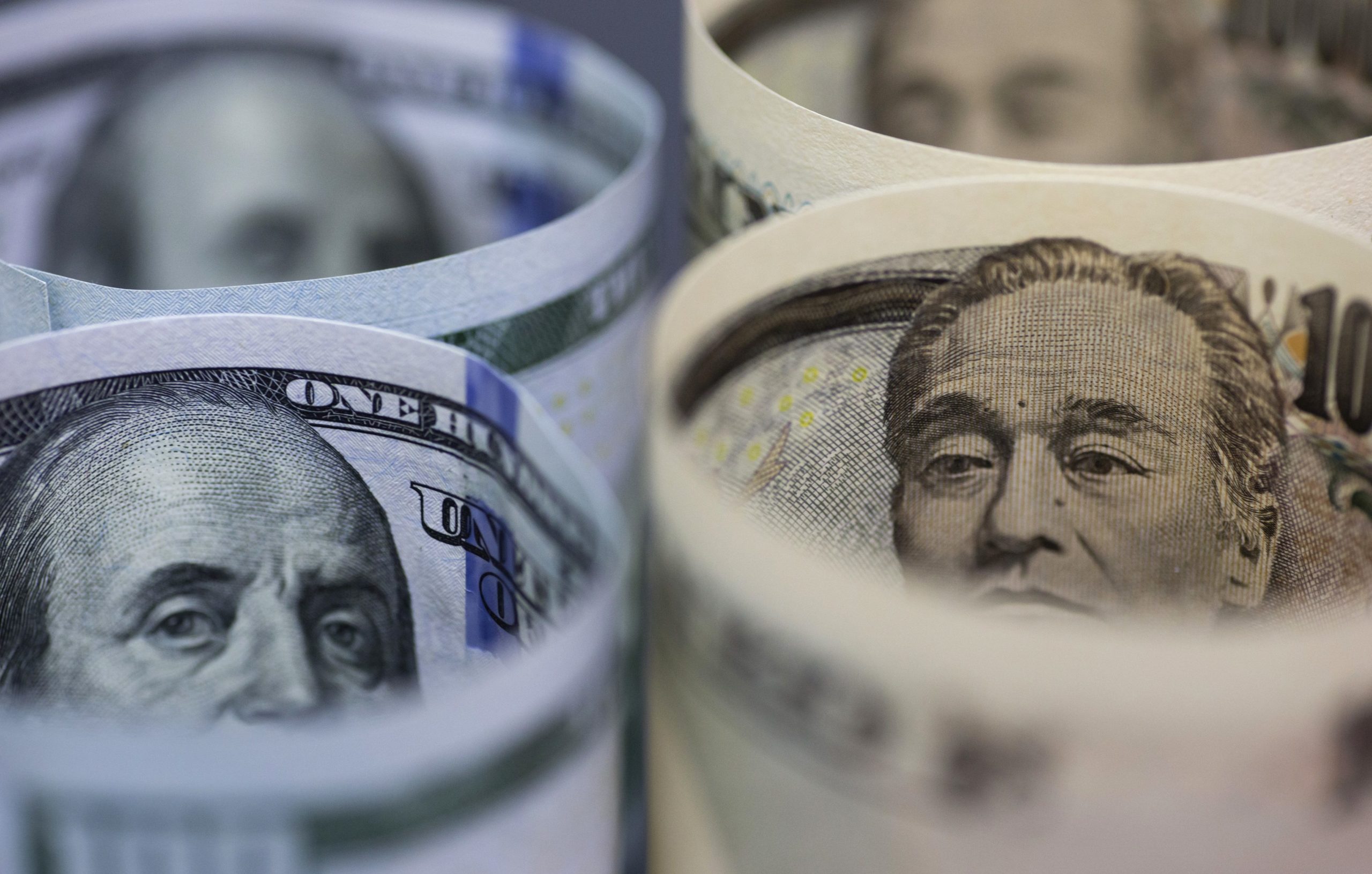- Foreign Reserves Adds $825 Million in November
There was an accretion of about $825, 149,623 to Nigeria’s foreign reserves in November, data from the Central Bank of Nigeria (CBN) has revealed.
According to the figures obtained from CBN on the movement in reserves, which is a 30-day moving average, on November 1, the gross foreign reserves stood at $23,946,448,274 and by November 30, the level was raised to $24,771,597,897, representing an increase of $825,149,623 or 3.45 per cent in the review month.
The foreign reserves, according to the International Monetary Fund, consist of “official public sector foreign assets that are readily available to, and controlled by the monetary authorities, for direct financing of payment imbalances, and directly regulating the magnitude of such imbalances, through intervention in the exchange markets to affect the currency exchange rate and/or for other purposes.”
Nigeria’s foreign reserves had been under severe pressure before the introduction of the flexible foreign exchange regime, which allows the exchange rate to be determined by supply and demand. As it were, before the advent of the flexible foreign exchange regime, the unabatedly rising demands for the United States dollar had pushed the value of the naira southward and the CBN, in its wisdom, had intermittently intervened in the market, defending the national currency with the foreign reserves. The intervention had at various times eaten deep into the reserve, used to settle payment of the nation’s import obligations. For instance, the external reserve was reported to have lost $1.5 billion in the second quarter (before the introduction of the flexible regime), which may not be unconnected with the response of the CBN to the falling value of the naira.
But the positive development in November, may be considered a reversal of fortunes or the beginning of a positive turnaround, giving the trend of activities in recent past.
Analysts at FBNQuest, an investment banking and research arm of FBN Holdings, have described the accretion in the month of November as “a rare increase in reserves.”
According to the firm, “CBN data show that gross official reserves picked up by US$820m in November on a 30-day moving average basis to US$24.8bn. The monthly average movement has been an outflow of US$430m over the past 12 months.”
Recalling that, “This first sizeable increase since July 2015, when the FX holdings of public bodies were transferred to the CBN, is apparently due to the disbursement of US$600m by the African Development Bank (AfDB) in the form of budget support,” FBNQuest analysts argued that, “We do not see another inflow on this scale until Q1 2017, when the sovereign Eurobond is due to be launched.”
FBNQuest noted that, “The reserves may appear comfortable according to one traditional measure: on the basis of the balance of payments for the 12 months through to end-June, they provided cover for 6.6 months’ merchandise imports and for 4.6 months when we add services.”
But it pointed out that, the cushion is not wholly owned by CBN as its latest figures showed that it was the owner of only 73 per cent of reserves.
Given the oil price and allowing for the OPEC accord in Vienna last week, and seeing still robust import demand, the CBN is playing cautiously, observed the FBNQuest analysts.
“Since August it has sold just US$1.5m per day (to one bank according to a rota). In addition it has honoured four forward contracts since the devaluation/liberalisation in June, and held a special FX auction for petroleum marketers this week.”
“In June we were told that a floating exchange-rate regime was imminent. We urge patience, however, since we cannot currently identify the large autonomous FX inflows which will prove the short-term, game-changer. We are content with our favoured piecemeal solution in which a series of transactions over time supplies the trigger (Eurobond, balance under the AfDB facility, World Bank support and oil-related transactions),” the analysts concluded.


 Naira4 weeks ago
Naira4 weeks ago


 Naira4 weeks ago
Naira4 weeks ago




 Naira4 weeks ago
Naira4 weeks ago




 Naira3 weeks ago
Naira3 weeks ago
 Commodities4 weeks ago
Commodities4 weeks ago


 News4 weeks ago
News4 weeks ago
 Travel4 weeks ago
Travel4 weeks ago




 Naira3 weeks ago
Naira3 weeks ago





















